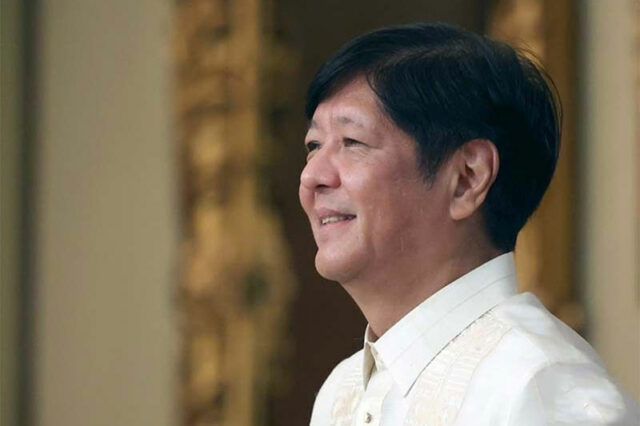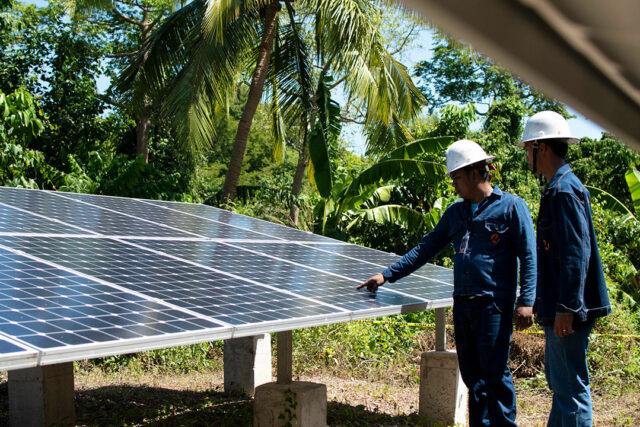Estate settlement entails huge tax payments. Prior to the TRAIN Law, the estate tax due was the aggregate of a specific base tax plus an additional 5% to 20% of the amount in excess of a base net estate threshold.
For many Filipinos, this graduated estate tax rate proved a bit steep. Coupled with the lack of information on how to go about settling an estate, and at times, lack of agreement on how to distribute the estate, this resulted in heirs, transferees, and/or beneficiaries opting to leave the estate unsettled. Others, with the expectation of the inconvenience that they could face when they settle their kin’s estate, resort to simulating a sale transaction just to avail of the 6% capital gains tax applicable to sale of real property.
With the passage of the TRAIN Law, the graduated estate tax rates were scrapped and the tax rate was set at a uniform 6%. With the rate reduction, it made more sense to settle the estate than to simulate a sale given that the estate may benefit from the deductions allowed under the law. However, while prospectively, estates would benefit from the reduced rate, unsettled estates are left in no better condition as they face penalties and interest should they decide to undergo the settlement process.
To encourage the processing of unsettled estates, Republic Act (RA) No. 11213, or the Tax Amnesty Act of 2018, was signed on Feb. 14, 2019. This gave estates of decedents who died on or before Dec. 31, 2017, with or without assessments, whose estate taxes remained unpaid or have accrued as of Dec. 31, 2017, the opportunity to settle their tax obligations without having to pay the penalties that had accumulated due to the failure to pay the estate tax on time. Aside from dispensing with the penalties and interest, the amnesty also imposed the 6% estate tax under the TRAIN Law at every stage of transfer of the property.
Notwithstanding the reduction in the estate tax rate and the waiver of the corresponding penalties and interest for failure to settle the estate on time, the Tax Amnesty Act of 2018 imposed certain conditions. For instance, the deductions remain those applicable at the time of the death of the decedent. Meanwhile, if the deductions exceed the value of the gross estate, there is a minimum estate amnesty tax for the transfer of the estate of each decedent in the amount of P5,000. In addition, in case there are properties included in the Estate Tax Amnesty availment which are the subject of a taxable donation/sale, they shall be assessed donor’s tax/capital gains tax/other applicable taxes at the time of the donation/sale, plus penalties, if applicable.
The period to avail of the benefits of the Estate Tax Amnesty Program under RA 11213 was only until June 14, 2021, which is two years from June 15, 2019, the effectivity of the Revenue Regulations No. 6-2019, the Implementing Rules and Regulations (IRR) of RA No. 11213.
Before the expiration, however, the amnesty program was further extended until June 14, 2023 under RA No. 11569. This year, pursuant to RA No. 11956 which lapsed into law on Aug. 5, 2023, the period to avail of the program was further extended for another two years, i.e., until June 14, 2025.
Aside from the extension, RA No. 11956 expanded the coverage of the amnesty program to include estates of decedents who died on or before May 31, 2022, with or without assessment, but whose estate taxes have remained unpaid or have accrued as of May 31, 2022. It also listed in detail the documents that must be submitted to the Bureau of Internal Revenue (BIR) to avail of the estate tax amnesty and allowed payment by installment within two years from the statutory date of its payment without civil penalty and interest.
HOW TO AVAIL
Under the law and the IRR of RA No. 11956 (RR No. 10-2023), within the two-year extended window (i.e., June 15, 2023 to June 14, 2025), the executors, administrators, legal heirs, transferees or beneficiaries must file and pay either electronically or manually, with any authorized agent bank (AAB), Revenue District Office (RDO) through the Revenue Collection Officer (RCO), or authorized tax software provider, a sworn Estate Tax Amnesty Return. The return together with the Acceptance Payment Form (APF) and the complete documents shall be presented to the concerned RDO.
RR No. 10-2013 lists the documents that must be submitted. Nevertheless, in the absence of the required documents, the Commissioner may request alternative documents as may be deemed appropriate.
Within five working days from receipt of complete documents, the concerned RDO will endorse the APF for payment of the estate amnesty tax with AABs, RCOs, or authorized tax software provider, or shall notify the taxpayer in case there is any deficiency in the application. Only duly endorsed APFs shall be presented to and received by the AAB, RCO or authorized tax software provider.
After payment, the duly accomplished and sworn Return and APF with proof of payment and complete documents, must be submitted to the concerned RDO in triplicate.
Proof of settlement of the estate, whether judicial or extrajudicial, need not accompany the return if it is not yet available at the time of filing and payment of taxes, but no electronic Certificate Authorizing Registration (eCAR) may be issued unless such proof is presented and submitted to the concerned RDO. The eCAR, which serves as confirmation that the requisite tax has been paid, is indispensable to transfer ownership of real and personal property.
As emphasized by Congress, the pandemic posed challenges that likely affected the opportunity to avail of the amnesty program. This necessitated the passage of another extension. Still, the pandemic aside, the extension is a welcome measure to help alleviate the financial burden that has been a showstopper for most estate settlements.
The views or opinions expressed in this article are solely those of the author and do not necessarily represent those of Isla Lipana & Co. The content is for general information purposes only and should not be used as a substitute for specific advice.
Kathleen C. Galano is an assistant manager at the Tax Services department of Isla Lipana & Co., the Philippine member firm of the PwC network.
63 (2)8845-2728
kathleen.c.galano@pwc.com












